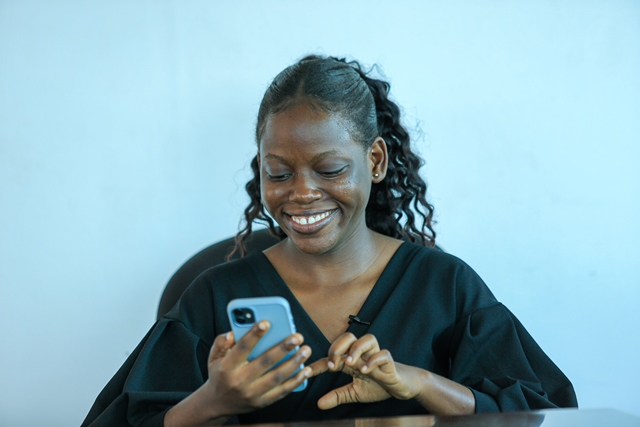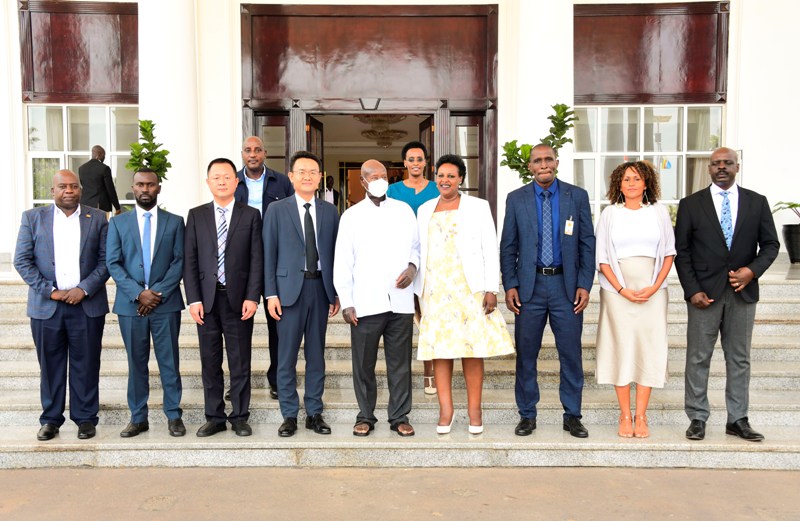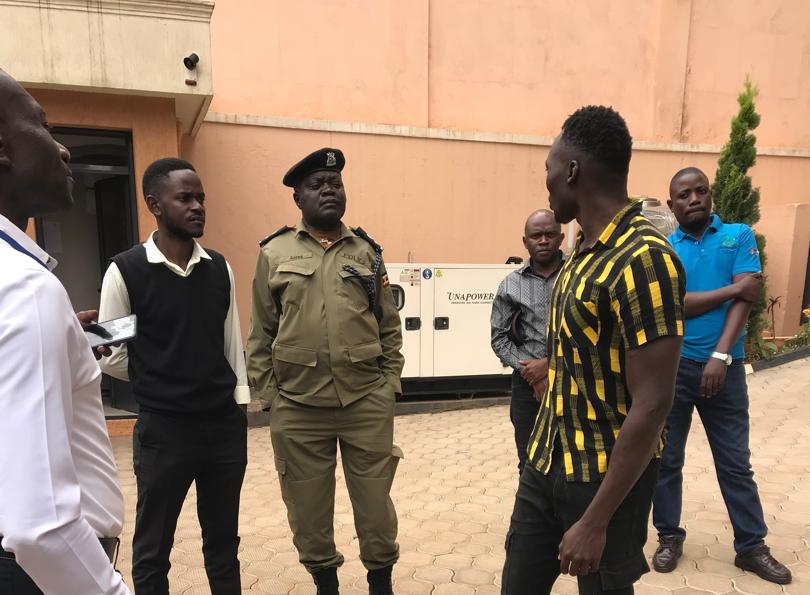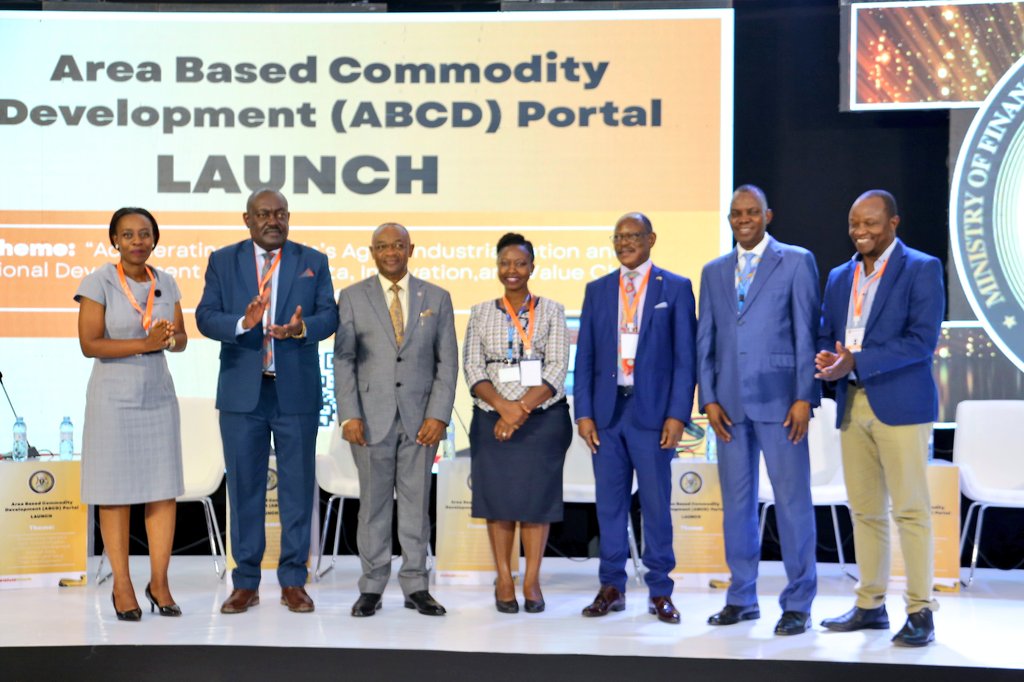Teslon helps home owners to save electricity using smartphones
Most developing countries such as Uganda face a problem of a lack of limited and expensive energy resources.

Most developing countries such as Uganda face a problem of a lack of limited and expensive energy resources.
And when it comes to domestic usage of electricity, for instance, there is a lot of waste. It is very common to find a home with lights on during the day or all appliances connected even when there is no need to.
It is this wastage that prompted 24-year-old Diana Najjuma and a team of young graduates to start Teslon, a smart home automation system that helps homeowners regulate how much electricity is used at home as well as monitor their business security using a smartphone.
“Our startup has three main products. The first one is the Smart Socket – It allows the user to control any appliance they have in their home using a click on their smartphone. They can also schedule when they want that appliance to work. For instance, if you have a fridge and it consumes a lot of power, you can set the different times when you want it to operate,” says Najjuma, a graduate of Software Engineering from Makerere University.
They have also created smart extensions where someone can control multiple devices using their smartphone.
“Then we have the Smart Light Unit – We looked at the existing smart lights that are being provided by companies like Apple and Amazon and we realized that the systems are not favourable in an African setting. With smart light, they automatically switch themselves on and off using sensors,” she says.
Najjuma says that their solution goes from home to people’s workstations.
“We looked at the people in urban settings, those renting shops in arcades, and other small businesses. These people work on a daily and in cases where one works alone and need to step out of their shop, they ask their neighbours to keep an eye on their merchandise. We thought about providing them with on-site affordable security,” she explains.
“We created a simple security system that they put at the edge of the door – usually their doors are pull-ups while locking them – if a client approaches your shop or an intruder, the system will send an alert on your phone wherever you are.”
Teslon has also incorporated a donation arm to its operations to help the young company raise funds for creating Energy Saving products.
40 Days 40 FinTechs.
Teslon is the sixth participant in Season Four of the 40 Days 40 FinTechs initiative organised by HiPipo to shine a light on emerging Financial Technology companies in East Africa.
Najjuma indeed owes her company’s innovation to HiPipo noting that she got her inspiration from participating in the Women in FinTech Hackathon, also organised by HiPipo.
“The Hackathon taught us to come up with solutions that Include Everyone and I think that if we could adapt to solutions like Teslon, we can help save on power and bills for many low-income earners as well as satisfy one of the two United Nations Sustainable Development Goals of access to clean and affordable energy for people all over Africa and the development of sustainable cities,” she says.
One of the Teslon clients George William Tinka, a medical doctor, says he has used their Smart Lights product and it has been miraculous.
“They have helped me a lot. For instance, in case I have left home and forgot to turn off my lights, its sensors will turn the lights off to save me any bills. Even when I am back from work, I don’t have to struggle around the house looking for the switches as the lights will turn on automatically,” he says.
He, however, urges them to come up with a Mobile Application to make their product more convenient.
“My suggestion to the developers of the app is that they should integrate more digital payments into their system. This will make it much easier for users to make payments and donations,” he adds.
But Najjuma tags these challenges to a lack of seed capital.
“It is quite hard with the current economy to afford the necessary resources in terms of equipment, and operation costs, engineers are moving up and down and don’t have data and airtime, among others. There’s a lot to do with spending on everything that you are doing. This is a big issue on our side,” she says
She, however, appreciates the 40 Days 40 FinTechs initiative for the opportunity to showcase their innovations
“It is going to empower my startup in terms of showcasing us out there. They are putting for us a platform in terms of finances, mentorship, and marketing. This is a huge hope for the development of our startup,” she says.
The 40 Days 40 FinTechs initiative is organised in partnership with the Level One Project, Mojaloop Foundation, INFITX, Cyberplc Academy, and Crosslake Technologies with support from the Bill and Melinda Gates Foundation.







